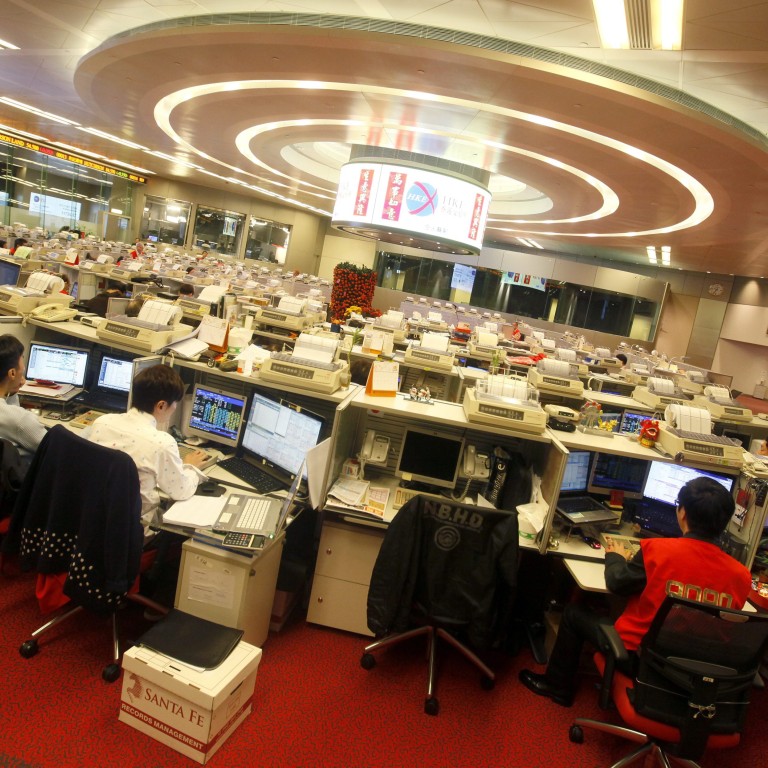
HSI breaches 25,000 but fails to keep gains above key level
The Hang Seng Index broke through the 25,000-point level for the first time since 2008 yesterday, but it failed to stay above the psychologically important level as it ended at 24,954.94 points.
The Hang Seng Index broke through the 25,000-point level for the first time since 2008 yesterday, but it failed to stay above the psychologically important level as it ended at 24,954.94 points.
The blue-chip index gained 0.62 per cent on the day to stand at its highest level since November 8, 2010.
"The market will keep testing record highs on the back of strong liquidity inflow and anticipation of monetary loosening [on the mainland] after weak economic data," KGI Asia director Ben Kwong Man-bun said. "Investors' risk-adverse appetite is low and we do not see a trigger in the near future for a correction.
"Capital will selectively focus on some heavyweights, such as China Mobile, as well as stocks whose earnings could surprise investors on the upside this earnings season."
China Mobile jumped 5.78 per cent to close at HK$93.40.
Investment banks gave different views on the stock yesterday. JP Morgan, Barclays and Citibank raised their target prices because of growth in the number of 4G customers, while HSBC and UBS cut their targets on a thinner margin and overvaluation, according to their research notes.
Mainland solar firms rallied after Beijing said it would suspend polysilicon imports from next month. GCL-Poly Energy Holdings, the world's leading manufacturer of the material, rose 6.18 per cent to HK$2.75.
The market will keep testing record highs on … strong liquidity inflow
The mainland's industrial production grew 9 per cent year on year last month, down from 9.2 per cent in June. Retail sales growth eased to 12.2 per cent from 12.4 per cent.
Economists are expecting more monetary easing measures, including reductions in banks' reserve requirement ratios and interest rates, to bolster economy growth.
"July's disappointing real estate sector activity data, plus a sharp drop in monetary data, suggest growth momentum has decelerated again," ANZ economist Liu Ligang said. "If the 7.5 per cent growth target remains legally binding, [the mainland] will have to further ease monetary policy. We believe a [reserve requirement ratio] cut is imminent in order to restore confidence."


